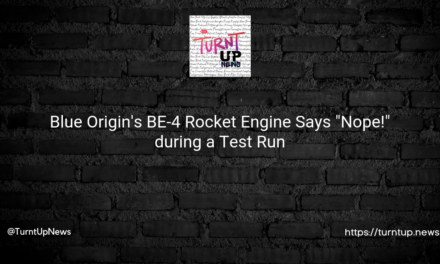🤖💻 “Coding? Pssh… Let Generative AI Do the Work,” Declares Nvidia’s Head Honcho
TL;DR;
Nvidia’s bossman, Jensen Huang, hit the COMPUTEX stage in Taiwan, dropping a claim that’s raising a few silicon eyebrows: with generative AI, he says, we can all become programmers. He’s painting a world where computer code writes itself, and we’re all just along for the digital ride. But is this a tech utopia or a hard drive to oblivion? 🤷♂️🚀
With an audience rapt in a mixture of fascination and skepticism, Nvidia’s big cheese, Jensen Huang, commandeered the COMPUTEX forum in Taiwan. In a world already seeing tech turn traditional professions on their heads, Huang laid down a whole new level of disruption, “Hey folks, forget learning to code. Generative AI’s got this!” 🧠🤖
But let’s break this down a bit. 🧩 What is this ‘generative AI’ that Huang’s jazzed about? Simply put, it’s AI that can create stuff. It could be a melody, a piece of art, a heart-wrenching poem, or, in this case, some nifty software code. The tech essentially auto-magically generates output from the given inputs and objectives. 🎯🎵🖼️💻
Imagine being able to just tell your computer, “Hey, create an app that helps me track the number of times I say ‘like’ in a day,” and voila, it pops out a fully functional, bug-free application. 📱 Sounds like a millennial dream come true, right? 😜
But wait, hold onto your VR goggles for a minute! Before we hand over the programming reigns to our silicon friends, let’s press pause and ask ourselves a few questions. 🤔
Sure, generative AI might be able to whip up some code based on instructions, but can it mimic the innovation and creativity that a human coder brings to the table? Can it troubleshoot complex glitches with the same problem-solving prowess as a seasoned programmer? Can it ensure that the privacy, security, and ethical considerations are in place when developing a new application or system? 👩💻🔒
And beyond these practical issues, what about the bigger picture? If everyone becomes a programmer through the power of AI, what happens to our job market? Will this shift signal the extinction of the traditional software developer, or will it merely change the nature of their work? 🌍💼
Remember, this is not a criticism of AI or technological advancements. It’s about asking those big, sometimes uncomfortable questions, about what these innovations mean for our future.
By discussing these issues, we can ensure that tech evolution doesn’t leave us blind to potential roadblocks or stumbling points. By asking the tough questions, we ensure our digital journey is navigated with care, caution, and excitement for what lies ahead. 🛣️🌌
So, what do you think? Is this a dystopian tech nightmare, or are we about to unlock a future where every man, woman, and child is an AI-powered code maestro? Are we ready for a world where “Everyone is a programmer”? Or are we hurtling towards a future we’re not prepared for? 🌐👨💻👩💻🧑💻
Disclaimer: This article does not provide investment, technological, or career advice. Always do your own research or seek advice from professionals when making decisions. This content is purely for informational purposes only.





